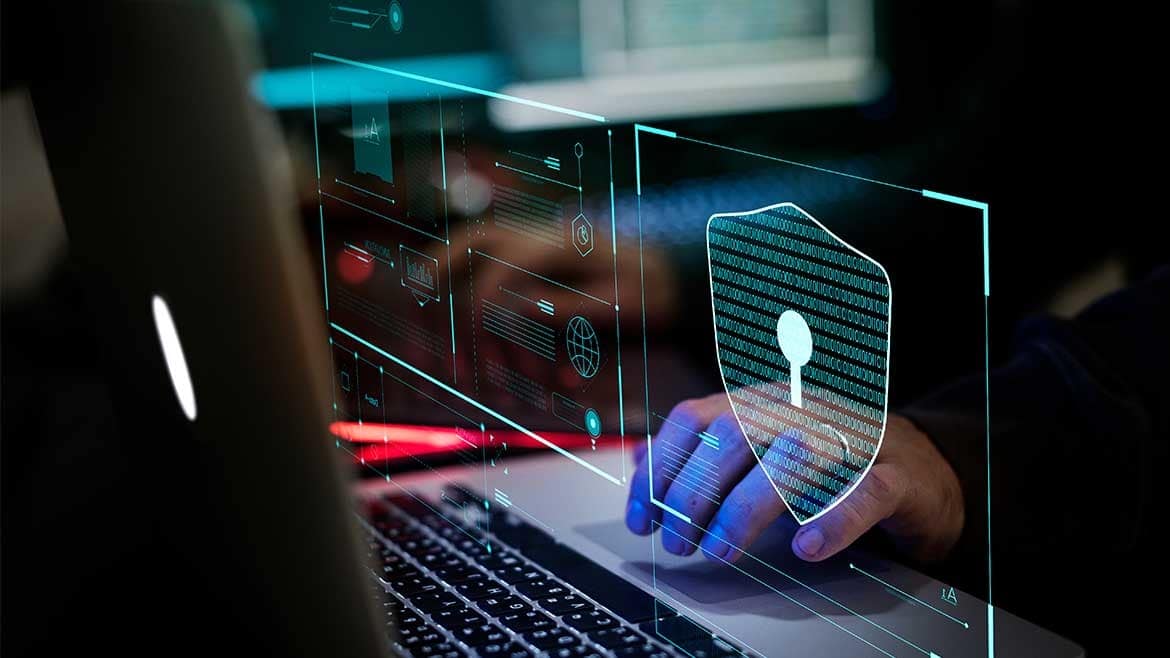Four Cyber Security Tips
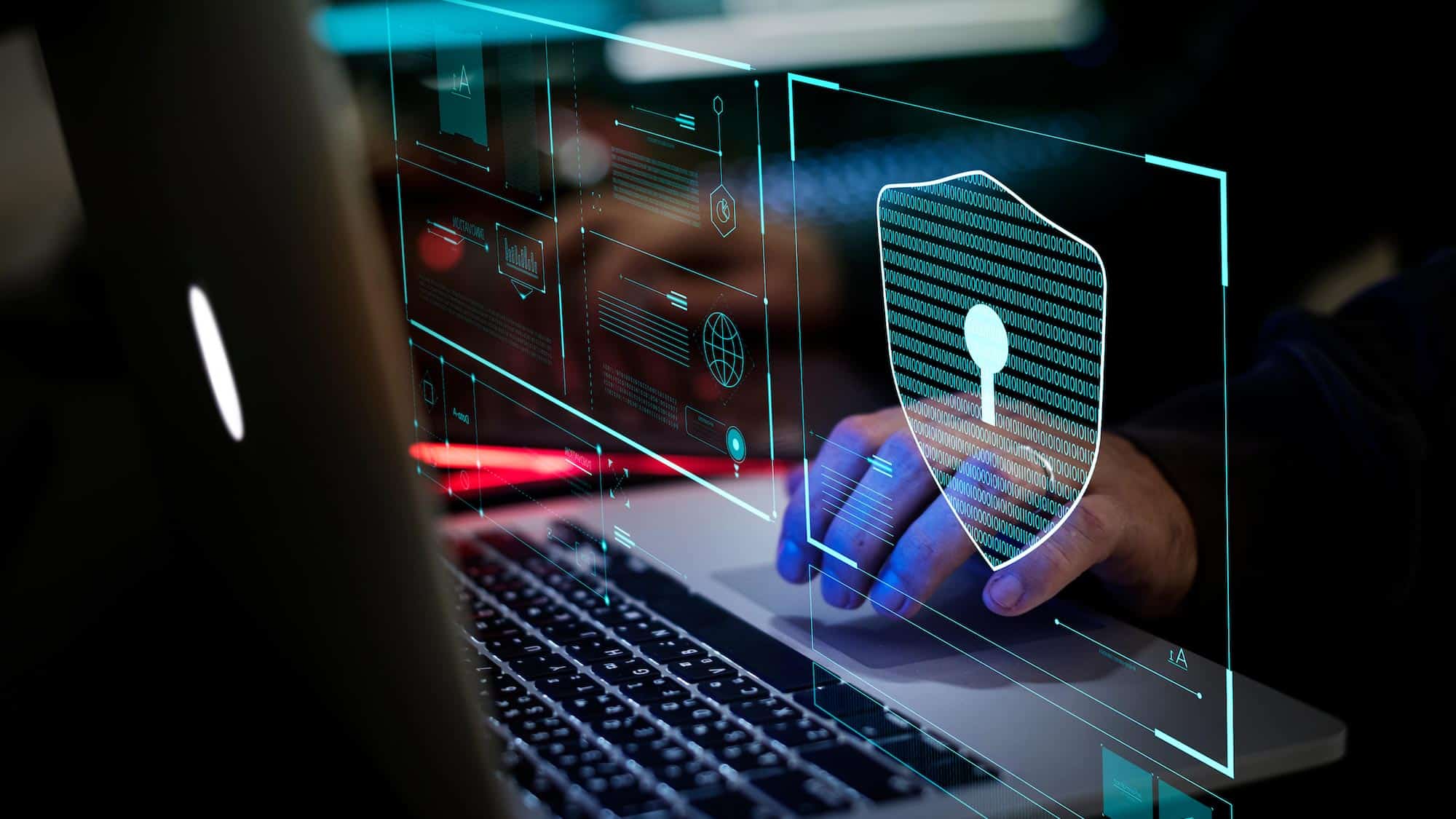
Did you know there is a hacker attack in the U.S. every 39 seconds, affecting one in three Americans each year? Hackers stole nearly half a billion personal records in 2018, and that was a 125 percent jump from the previous year!
Businesses, educational institutions, and individuals all store private information on their computers, thus creating an increased need for cyber protection. Just a single mistake online could be the reason for computer hackers getting ahold of confidential work or personal information, which may take years to recover from. Follow our 4 cyber security tips to stay safe.
For businesses, DTRIC offers data compromise and cyber liability coverage as endorsements to the commercial package insurance policies. These additional coverages are available at affordable prices and safeguard against possible financial and reputational damage resulting from data breaches and cyber-attacks. The added coverage also helps ensure that businesses are in compliance with state and federal breach notification laws. Please contact your insurance agent for more information on data compromise and cyber liability coverage.
Here are four cyber security tips to practice for a safe online experience:
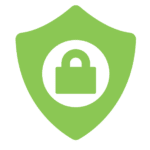
Implement strong password policies
You may think that once you have your passwords secured, you don’t have to change them. But the longer you keep your same passwords, the more susceptible to a breach you are. Keep yourself protected by updating your passwords periodically.
Remember: For most accounts, the login is a username (often your email address) and password. A stolen email address is half the information needed to break into your account. Criminals often use powerful software to “guess” the passwords associated with these stolen email addresses. If they can access a lucrative account, they can change the password, lock you out, and then steal money or sensitive information.
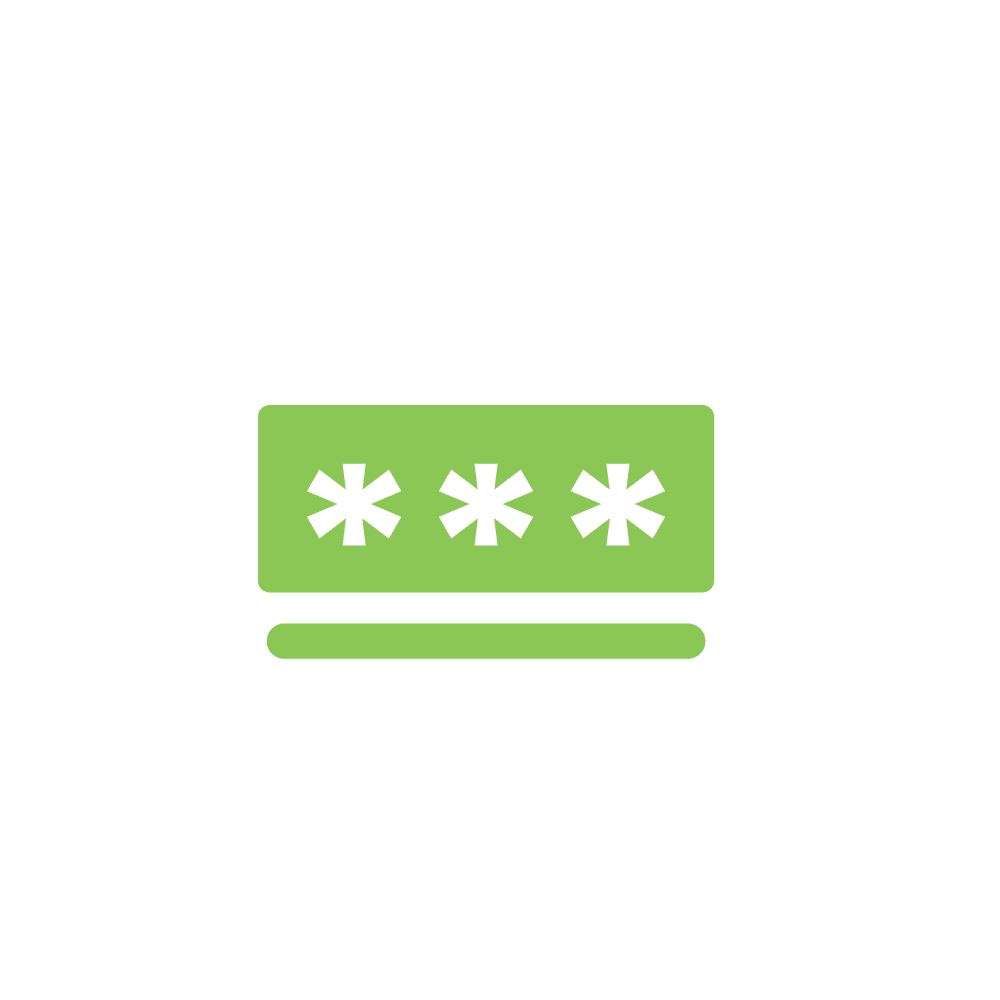
Never leave your computer unattended
Whether it’s a desktop, laptop or other electronic device with personal or business information, never leave it unattended. If you need to leave your computer, phone, or tablet for any length of time—no matter how short—lock it up so no one can use it while you’re gone. If you keep sensitive information on a flash drive or external hard drive, make sure to lock it up as well. Some portable flash drives used to transport information now come with passwords that create secured access to the stored information.

Always back up your data.
You can never be too prepared for unpredictable events like natural disasters, computer crashes, or viruses. Back up your data regularly, and make sure your anti-virus software is always up to date.
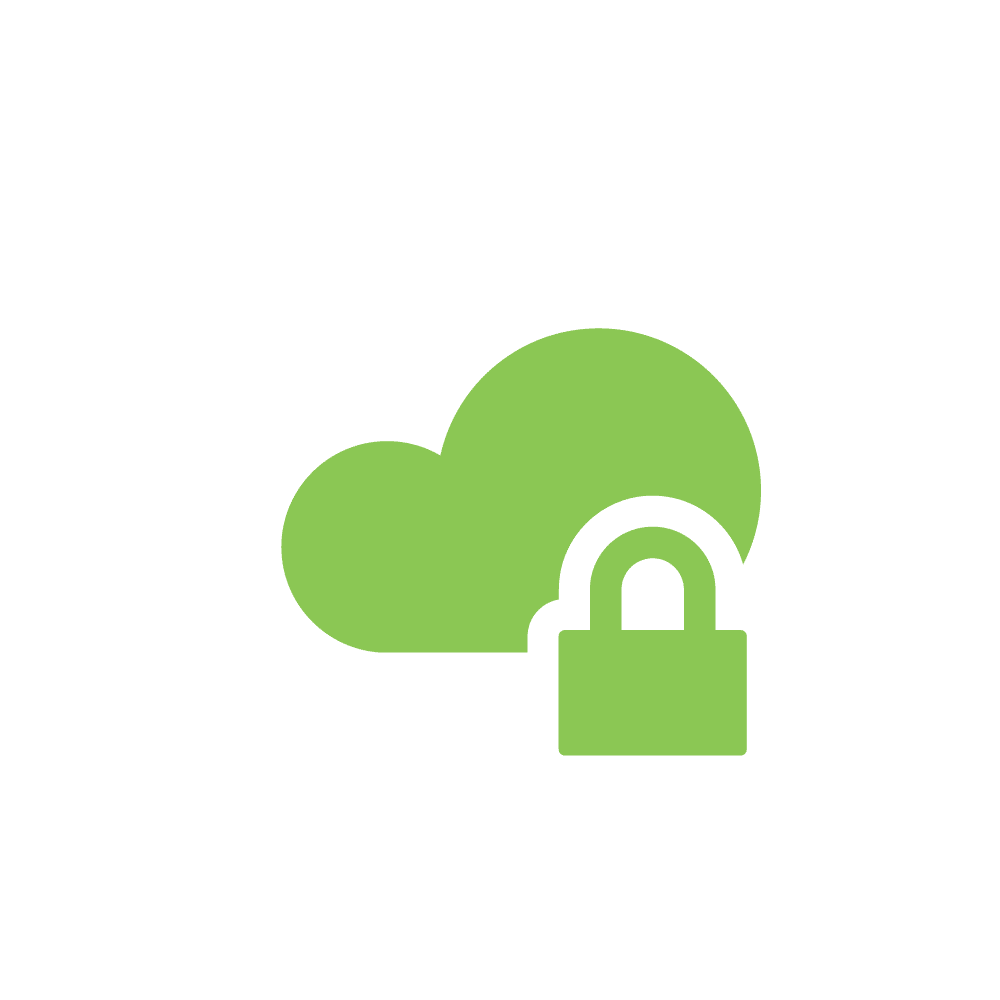
Practice safe “clicking”
Be skeptical of unusual emails. The latest method hackers have been utilizing to plant malware into computers is through links in emails. Everyone, including businesses, organizations, and personal accounts, may receive emails about filling out a survey or clicking on a link. By doing that, the website it leads to may infect your device, or may ask for your account information and thus gain access to your information. Avoid this situation by not opening emails that appear suspicious.


